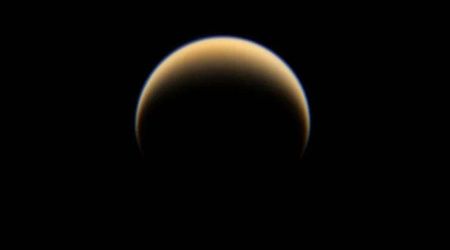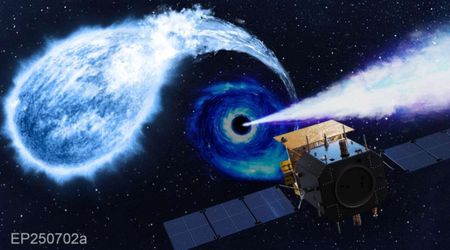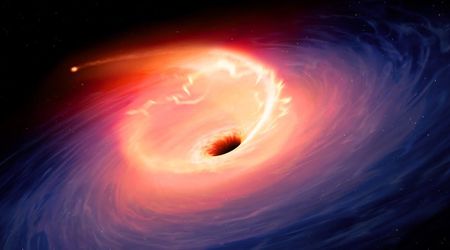Trump's 2026 budget proposes a 24% reduction in NASA’s space exploration funding

U.S. President Donald Trump's budget proposal for fiscal year 2026, released on Friday, details the top-line funding for NASA. The budget attested to rumors being true as the space agency takes a hit of a 24% reduction. This would affect the projects lined up for the human space exploration of the Moon and Mars, according to NASA. The agency mentioned in their statement that this step urged a “fiscally responsible portfolio of missions.” This reduction is the biggest single-year cut to NASA funding in the history of America, as per The Planetary Society.

The new budget reduces funding by $6 billion compared to the previous year, making the total $18.8 billion from $24.8 billion, according to Space.com. “This proposal includes investments to simultaneously pursue exploration of the Moon and Mars while still prioritizing critical science and technology research,” stated acting NASA Administrator Janet Petro. The cuts for space science went down by $2.3 billion, Earth science by $1.2 billion, and legacy human exploration systems by around $900 million. This inevitably halts NASA's sustainable aviation programs.

As the budget awaits approval from Congress, its enactment will affect some big project plans of the agency. This includes the return of Mars material collected by NASA's Perseverance rover back to Earth, in collaboration with the European Space Agency. Alongside this is Gateway, the planned moon-orbiting space station that shall be key to the Artemis moon program, also reshaping the Artemis program itself. Since the administration’s removal of DEIA initiatives, the budget will eliminate funding for any diversity, equity, inclusion, and accessibility programs.

The Space Launch System (SLS) rocket and Orion capsule are also to be put out of commission within the next three flights. The budget described these initiatives as “grossly expensive and delayed.” “SLS alone costs $4 billion per launch and is 140% over budget. The Budget funds a program to replace SLS and Orion flights to the moon with more cost-effective commercial systems that would support more ambitious subsequent lunar missions," the document read, as per Space.com. The Orion capsules will likely be retired after Artemis 3 in 2027.

One aspect of the agency gets a boost in funding, which is human space exploration, with a rise of around $650 million. The document stated that this reflected the administration’s priority of "returning to the moon before China and putting a man on Mars." Despite this allowance, the larger picture of the budget has roused disagreements from the scientific community. The Planetary Society stated that prior to the approval, they coordinated a joint letter to Congress for the full restoration of NASA’s science funding in FY 2026, with continued reception of signatures.
They were enraged at how the budget proposal did not align with the president’s vision of leading the way in the pursuit of space discovery and exploration. “Slashing NASA’s budget by this much, this quickly, without the input of a confirmed NASA Administrator or in response to a considered policy goal, won’t make the agency more efficient. It will cause chaos, waste the taxpayers’ investment, and undermine American leadership in space,” their website noted. With several plans in the works, NASA awaits the final words on the "skinny budget" from the government.









